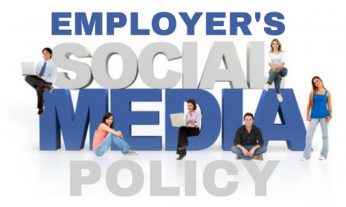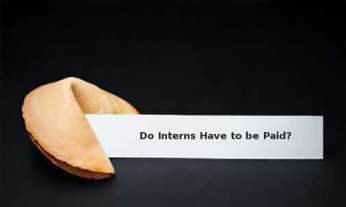 A new world of workplace flexibility? Not quite gone are the days of a strict 8-5 work day, but many businesses are seeing the benefits of adapting to the times, and that means retooling expectations for employees in a number of ways. Accommodations can benefit both the employee and the employer, and in some situations, may be essential under state and federal law. In any situation, employers have a responsibility to provide a safe work environment for employees. With real concerns about COVID-19 plaguing Americans, it is important for every company to rethink the way they do business. The failure to do so could result in serious consequences, one of which is an employee lawsuit.
A new world of workplace flexibility? Not quite gone are the days of a strict 8-5 work day, but many businesses are seeing the benefits of adapting to the times, and that means retooling expectations for employees in a number of ways. Accommodations can benefit both the employee and the employer, and in some situations, may be essential under state and federal law. In any situation, employers have a responsibility to provide a safe work environment for employees. With real concerns about COVID-19 plaguing Americans, it is important for every company to rethink the way they do business. The failure to do so could result in serious consequences, one of which is an employee lawsuit.
The Americans With Disabilities Act
The Americans with Disabilities Act (ADA) requires employers to make reasonable accommodations for employees with a qualifying physical or mental impairment that limits their life activities in some way. That being said, the disabled individual must be able to perform what are considered to be essential functions of the job, or those that are basic to the job itself. The ADA regulations apply to any employer with 15 or more workers. The types of accommodations vary, but one that is consistently called out as reasonable is allowing an employee to adjust the work schedule. The truth is, employers often benefit from such accommodations every bit as much as workers do because they get high-quality work from well-qualified employees.
Examples of Workplace Flexibility
The fact is,flexible work expectation often benefit all parties, regardless of disability. Particularly as the nation struggles to respond to a pandemic, a number of flexible workplace arrangements may make sense:
- Telecommuting: Some positions may lend themselves to telecommuting, allowing employees to work and conference via computer. Potential benefits include the obvious reduction in travel and installation of workplace flexibility accommodations for those with disabilities. Other employees may also enjoy less commuting, less exposure to potentially contagious individuals, and more flexibility generally.
- Alternate Scheduling: In order to reduce traffic in the workplace, it may be possible to alternate shifts, keeping fewer employees in an area at a time. In the era of social distancing, this may be a key strategy to put more space between workers. It may also benefit employees who prefer alternate shifts in order to accommodate child care or who are dealing with other issues.
Discrete Measures Designed to Protect
For service-oriented industries, social distancing gets a little more complicated. Some tips that might be utilized include:
- No-visitor policies;
- Staggering shift work;
- Pooling workplace tasks to reduce congestion;
- Adaptations to workplace design;
- Streamlining procedures.









